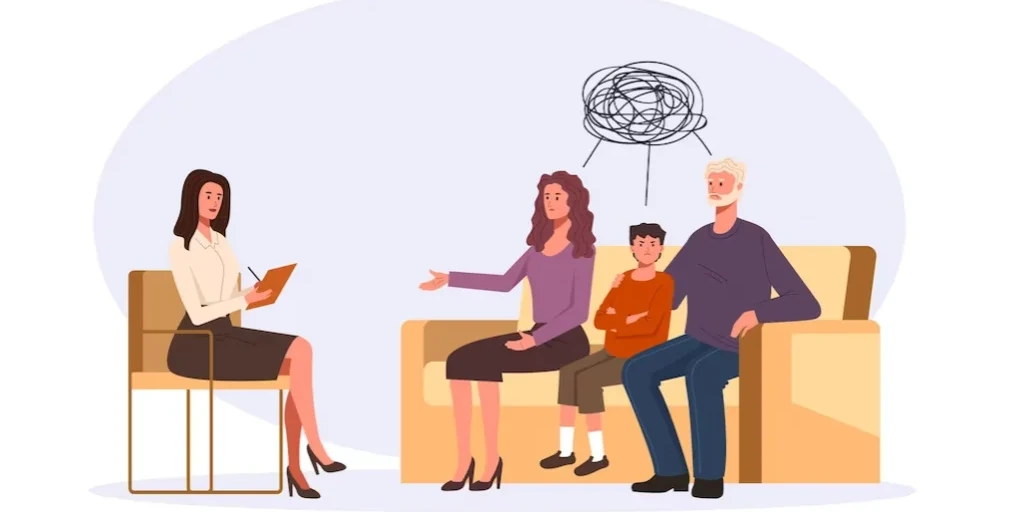24/7 Helpline:
(866) 899-221924/7 Helpline:
(866) 899-2219
Learn more about Opioid Rehab centers in Sylvania

Other Insurance Options

Group Health Incorporated

Cigna

CareFirst

Medical Mutual of Ohio

PHCS Network

WellPoint

Private insurance

Choice Care Network

Ceridian

EmblemHealth

Self-pay options

Ambetter

BHS | Behavioral Health Systems

Lucent

AllWell

American Behavioral

State Farm

GEHA

CareSource

Humana






























































